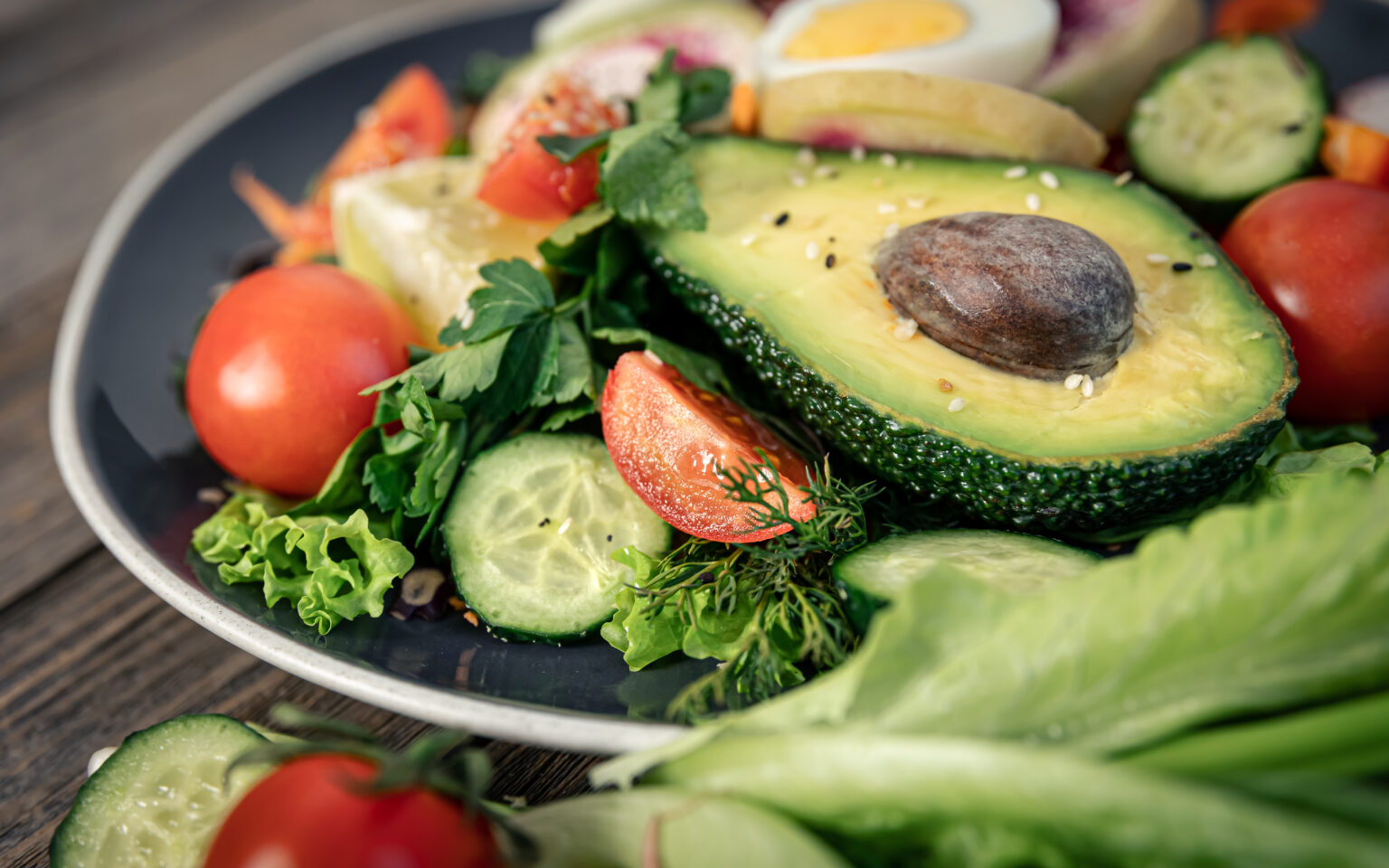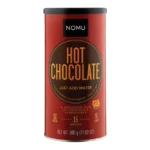A pesco-vegetarian diet is a vegetarian diet that includes fish and seafood in addition to plant-based foods.
This dietary choice offers numerous health benefits, but its essential to ensure youre meeting all your nutritional needs.
One crucial nutrient that may require special attention is omega-3 fatty acids.

Omega-3s are a jot down of polyunsaturated fat that plays a vital role in overall health and well-being.
ALA is found primarily in plant-based sources such as flaxseeds, chia seeds, walnuts, and soybeans.
However, EPA and DHA are mainly found in fatty fish and seafood.

These sources are rich in EPA and DHA, making them an excellent addition for meeting your omega-3 needs.
ALA can be converted to EPA and DHA in the body, although the conversion efficiency is limited.
Including these sources ensures a more diverse range of nutrients and helps boost your overall omega-3 intake.

Flaxseeds and chia seeds are excellent sources of ALA and can be easily incorporated into your daily diet.
They can be added to smoothies, oatmeal, yogurt, or baked goods.
Walnuts are also a great choice, offering a convenient and tasty way to increase your omega-3 intake.
Other plant-based sources of ALA include hemp seeds, soybeans, and their derived products like tofu and tempeh.
Algal oil is derived from algae, which is the primary source of EPA and DHA for fish.
It provides a direct and sustainable alternative to fish oil supplements and is suitable for both vegetarians and vegans.
This imbalance can promote inflammation and negate some of the benefits of omega-3s.
Incorporating omega-3 fatty acids into a pesco-vegetarian diet is feasible with the right food choices and considerations.